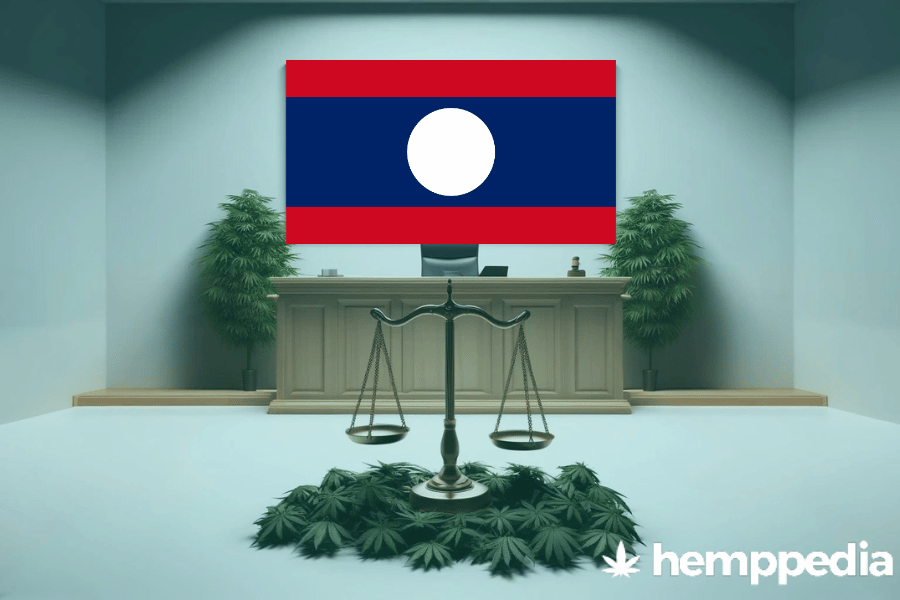Is CBD Legal in Laos?
Over the past few decades, there have been significant shifts in the national and international regulations surrounding cannabis and its derivatives. One such derivative, Cannabidiol (CBD), has gained particular attention due to its potential therapeutic properties. Today, we delve into the legal situation of CBD in one specific area—Laos.
TL;DR
In Laos, the legal situation of cannabis products, including CBD, is very restrictive. Cannabis is classified as a Category I Narcotic, meaning any cultivation, production, possession, and trade of cannabis-related products, including CBD, is strictly illegal.
- Usage: Illegal
- Possession limits: Prohibited
- Legal distinctions from THC-containing products: None
Despite the restrictive legislation, Laos is home to thriving black-market cannabis trade. Challenges to law enforcement continue to be a major concern, as the cannabis plant grows naturally in many parts of the country.
Overview of CBD Legislation
CBD, or cannabidiol, is a non-psychoactive compound derived from the cannabis plant. As opposed to THC (Tetrahydrocannabinol), CBD doesn’t produce “high” effects, which is why it’s often marketed as a wellness product.
The legal landscape of CBD globally shows a gradient of regulations, from complete prohibition to controlled legalization. Sadly for CBD users in Laos, the entire cannabis plant, including CBD, falls under the strictest regulation.
The Ministry of Health regulates and enforces these laws, working closely with the police and judiciary system to prevent any violation of the regulations.
Historical Context
Under French colonial rule, the cultivation of cannabis was commonplace in Laos. However, since gaining independence in 1954, Laos has adopted strict laws against cannabis cultivation and use responding to global drug regulation trends.
Possession, Use, Cultivation, and Sales
As per the stringent Laotian regulations, possession, use, cultivation, and sales of any form of cannabis, including CBD, are illegal. Importing or exporting CBD products are criminal offenses and may lead to severe penalties.
Enforcement and Penalties
The penalties for non-compliance with CBD regulations are severe. This includes imprisonment of up to 15 years and monetary fines. In previous years, local and international news have documented cases of arrest and prosecution related to cannabis offenses in Laos.
Comparative Analysis
Compared to the liberal regulatory approach of many Western countries, such as Canada and parts of the US, Laos’ cannabis and CBD laws remain firmly prohibitive. On the other hand, neighboring Thailand has recently legalized cannabis use for medical purposes, demonstrating divergent trends within the ASEAN region.
Conclusion
The legal situation around CBD in Laos remains uncompromising and highly restrictive. While surrounding countries begin to reassess their relationship with cannabis, wholesale changes to Laotian legislation are not on the horizon. This means for those keen to use, invest in, or advocate for CBD in Laos, understanding this legal environment is crucial.





